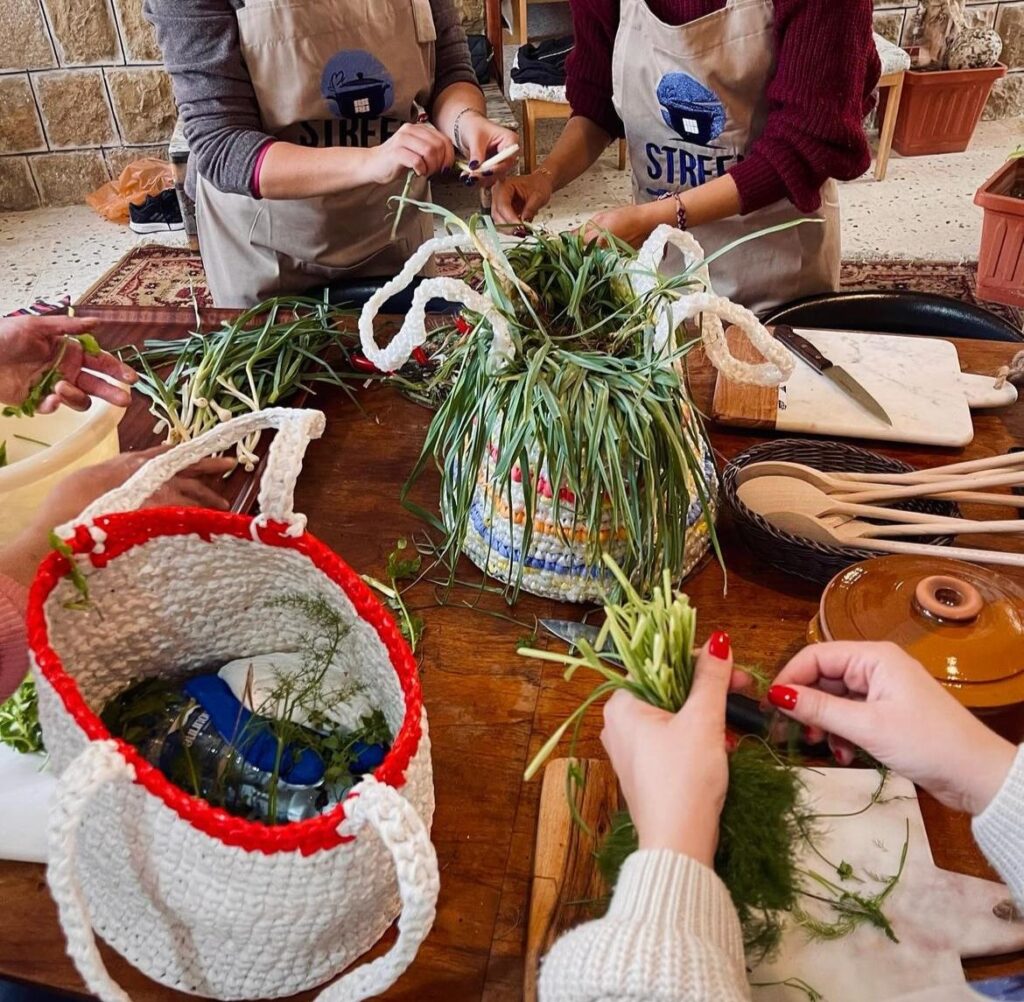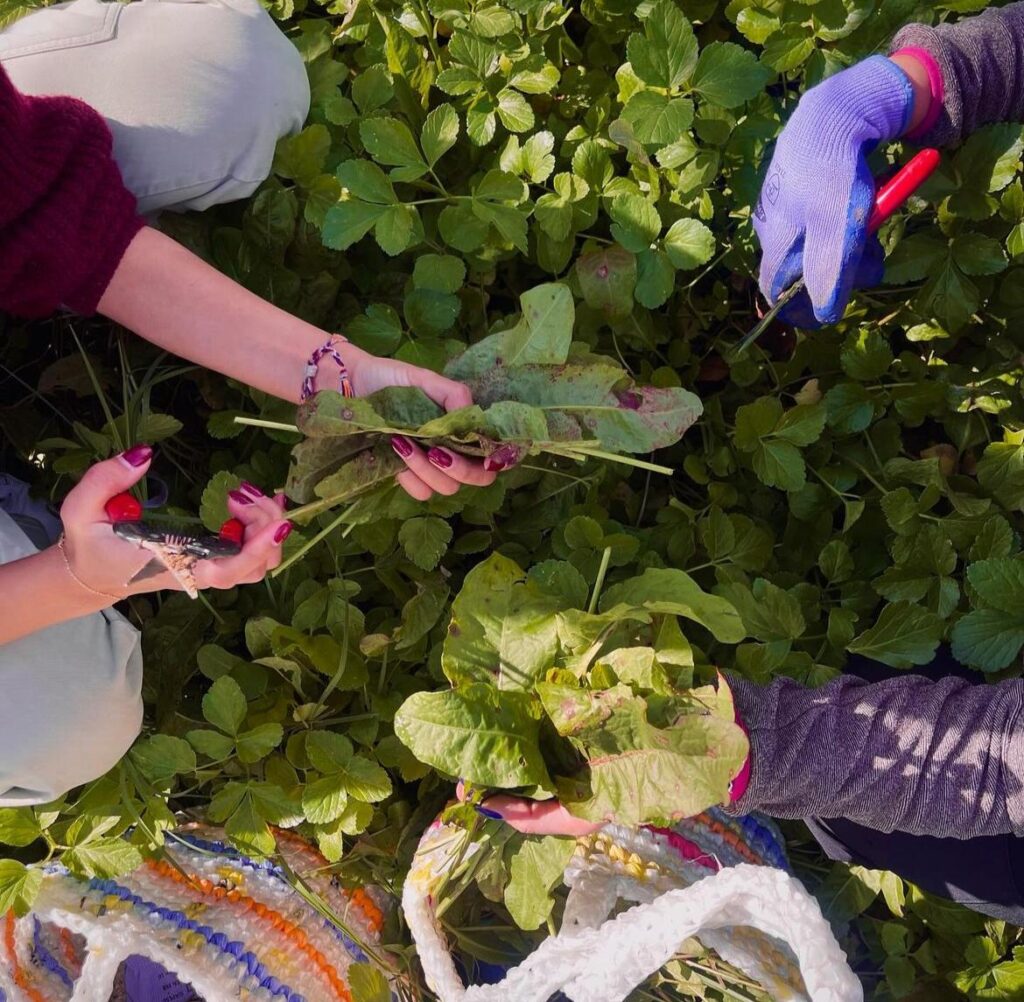
Benefits and advantages of agritourism: towards new approaches of Lebanese tourism industry, from economic growth to sustainable development of natural resources
The tourism industry in Lebanon is embracing new approaches, one of which is agritourism. This concept integrates tourism and agriculture, creating opportunities to boost both tourism and rural development while helping increase farmers’ incomes.
Agritourism is a broad concept that includes various activities. At its core, it involves venturing into rural areas to escape the hustle and bustle of urban life and connect with the local environment. This can include hiking, picking fruits and vegetables, and savoring freshly-prepared local dishes, among other enjoyable pursuits.
What used to be a tradition among individual families has evolved into a shared experience that unites people. Both locals and tourists are increasingly seeking authentic experiences that counter the encroachment of urbanization, evoking memories of Lebanese summers spent at family village homes. These experiences remain tangible, accessible, and deeply rooted in the country’s traditions and communities nationwide.
The benefits of agritourism in Lebanon
Agritourism is a promising and unique venture that educates society about the importance of rural areas and their potential in agriculture and tourism. It enhances the national economy by creating job opportunities for young people, particularly in rural areas, providing farmers with avenues to increase their revenue and sustain their agricultural businesses.

Photo Credit: Streeh by Lamia
Yolla Shamoun, professor of Agricultural Engineering at Saint Joseph University, defines agritourism as “a form of tourism concerned with agriculture,” and distinguishes it from ecotourism by saying: “Instead of just looking at nature, you can visit cultivated lands, enjoy walks in orchards and vineyards, learn simple agricultural techniques, engage in growing fruits and vegetables, raise livestock, build a good relationship with the land,” she said.
She points out that agricultural tourism continues to the post-harvest stage, in other words, it includes the preparation of supplies such as the manufacture of pickles, jams, and traditional products as well as wine tasting and other activities that may be prolonged and require overnight stays in guest houses. This approach boosts demand for traditional rural products, creating value-added opportunities for working families and stimulating commercial and agricultural activities around tourist farms.
Agritourism not only contributes to the economic development of rural areas but also helps in the conservation, care and sustainable development of natural resources and enables local farmers to offer more sustainable farming and breeding opportunities whilst using new methods of conserving land and water resources.

Photo Credit: Streeh by Lamia
In the last two decades, agritourism has seen significant growth as tourists look for enriching ways to invest their time and money. This form of tourism, known for its small-scale operations and environmentally sustainable practices, frequently incorporates educational opportunities for visitors.
The common experiences include staying on farms, engaging in activities like cooking classes or livestock herding. Agritourism is currently emerging as one of the travel industry’s most dynamic and rapidly expanding sectors, especially in picturesque locations such as Chouf, the Beqaa Valley, and Jabal Moussa. This form of tourism appeals not only to urban explorers but also brings substantial advantages to the agriculture sector and rural communities.
The integration of tourism and agriculture can broaden economic activities, address agricultural market shortages, generate employment opportunities in rural regions, and enhance the value of agricultural output for farmers through diverse commercial ventures.
Ramona Raidan, Communication and Tourism Coordinator at Chouf Destination explained to NOW Lebanon the rise of agritourism in the area. “In Lebanon and particularly Chouf, businesses are increasingly turning to agritourism to diversify their income streams and attract visitors amid the country’s challenges. This type of tourism offers a unique blend of agricultural experiences and tourism as it allows visitors to engage with the rural lifestyle and local traditions,” she said.
According to Raidan, Lebanese agritourism often includes activities such as farm tours, fruit picking, wine tasting, and traditional cooking classes. This is being offered by many guest houses in rural areas, as well as farms.
The Chouf region is home to the Chouf Cedar Reserve, Lebanon’s largest nature reserve. Agritourism businesses frequently organize guided hikes and nature walks through the reserve, where visitors can explore cedar forests, diverse flora and fauna, and stunning landscapes. One such business is ‘Streeh By Lamia,’ a woman entrepreneur delighted to share her love for traditional Lebanese cuisine, operating a homestay in the village of Brih El Chouf where visitors have a chance to experience agricultural activities such as foraging for edible plants in the sleeqa season.
The guest house in Brih Chouf is dedicated to cooking traditional Lebanese food and often includes culinary tours where visitors can taste locally grown produce and traditional Lebanese dishes. “From cooking classes to sleeqa classes, we offer tourists the chance to learn how to prepare authentic Lebanese meals using fresh, locally sourced ingredients, and wild plants that they can do so much with, from freshly made salads to a range of pastries,” Madame Lamia told NOW.
For Lamia, agritourism empowers women, enhances their socio-economic status, and contributes to the overall development, sustainability and resilience of rural areas in Lebanon.
By showcasing Lebanon’s rich agricultural heritage and providing interactive, authentic experiences, these businesses are not only boosting their own profitability but also promoting sustainable tourism and rural development.
Al Haush, an elegant agritourism guesthouse and a working farm in central Beqaa is also an example. They have a bed and breakfast, a farm-to-table restaurant and a farm shop where visitors can shop their rural products using ingredients primarily sourced from their farm. Visitors can enjoy picking our vegetable garden produce, rosewater making and cherry-picking, and experience the magic of early mornings in their open fields.
According to the experts interviewed in this piece, the core idea is that agritourism provides significant advantages to farmers and rural tourism operators, while also promoting agricultural growth.
Rodayna Raydan is a Lebanese-British journalist. You can follow her on Twitter @Rodayna_462
The views in this story reflect those of the author alone and do not necessarily reflect the beliefs of NOW.








